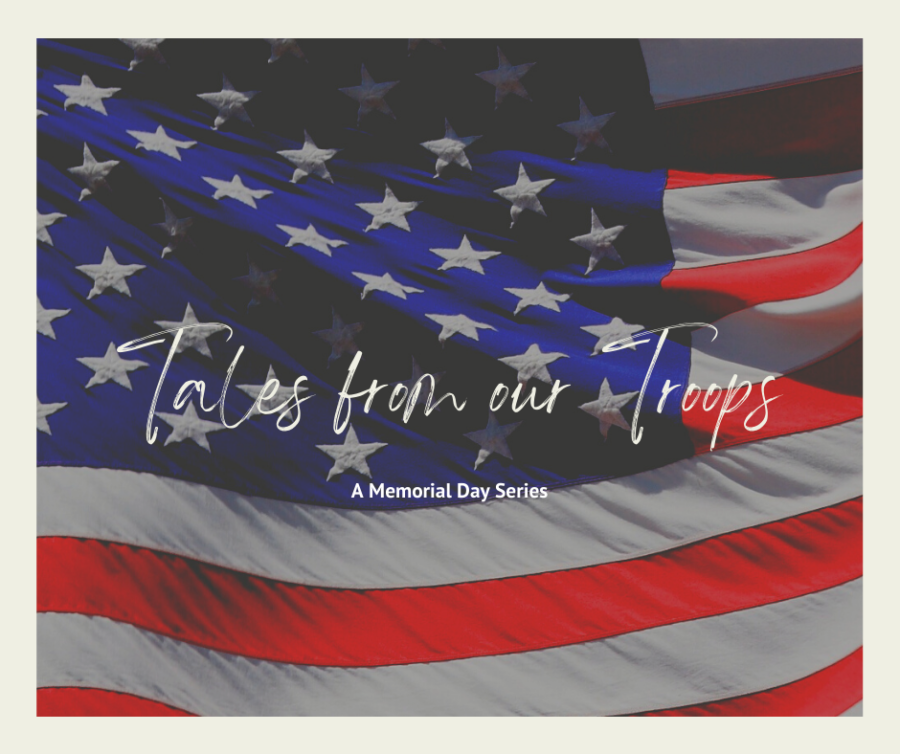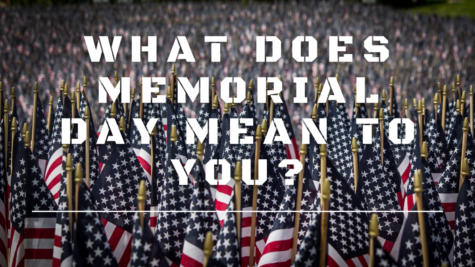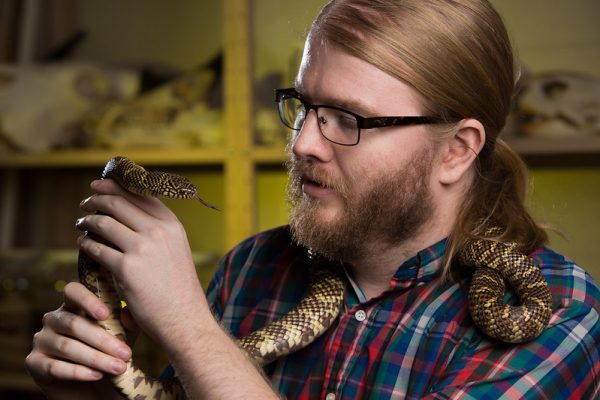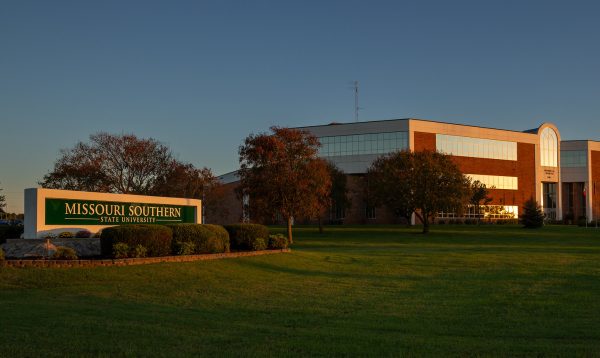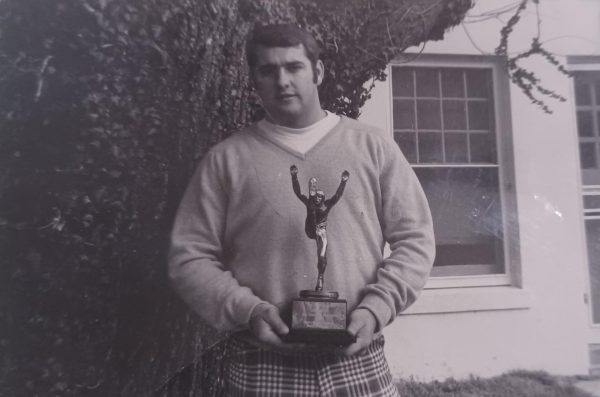Tales from our troops: an insight on the process of military service
Memorial Day is a national holiday where most Americans celebrate a day off work by grilling hot dogs and cooling off by a pool. For the Americans who served in the military, or loved someone who served, it is a day to remember the lives of those who were lost.
In their reflection, troops may reminisce on their own enlistment experiences.
There are many reasons young Americans choose to serve in the military. Some, like United States Air Force Veteran, Taylor Sisk, enlisted primarily for the benefits active duty members receive.
“I was inspired to join because I love the ideals the founding fathers espoused when they formed this country, not to mention the school and healthcare benefits,” said Sisk. “I chose the Air Force for two reasons. First, they are more technology driven to complete the mission and they needed people who were competent and intelligent. Second was because my best friend at the time chose this branch and I wanted to go with him.”
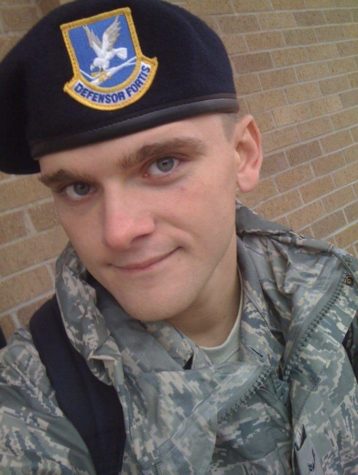
Others join the military to honor and protect their country, often following in the example of a loved one who served before them, like United States Army Veteran, Matthew Kirkland.
“Well, I joined the Army to protect my family, country and every male in my family has joined the military. I knew the day the twin towers were hit that I wanted to join and get my payback for what they did,” said Kirkland. “My grandfather and dead-beat father were Air Force, and my uncles and cousins were Navy. I decided to be the black sheep and join the Army.”
United States Coast Guard Sergeant Rashawn Davis joined the military because it seemed like a good way to better his life.
“I felt it was my duty. Also, after high school and my first failed attempt at college, I needed more structure because I was heading down a bad road,” said Davis. “I wanted to serve but also be close to home.”
Regardless of their different reasons for joining, Sisk, Kirkland and Davis each packed their bags and bid farewell to their loved ones as they left for their military entrance processing stations (MEPS), Boot Camp, training facilities, then to active duty.
“The process to get in MEPS was just a lot of paperwork and medical so it was pretty easy. Boot camp was a little harder being away from family for so long. Active duty or deployment are a lot harder the anything else,” said Davis. “Overall, all of those do prepare you for different things, not just the military, but life in itself.”
After going through an initial interviewing process, a person who enlists in a military branch is sent to MEPS where they go through a series of preliminary tests to see if the individual is mentally and physically fit enough to go forward with basic training.
“MEPS was a fun time, they prodded me around like cattle, and had to make sure I was not sick or anything. I remember doing the duck walk only in my boxers with 30 other guys,” said Kirkland. “Basic training was fun for me. I learned new skills, formed new bonds, and it made me a better person, making me grow up fast.”
Once basic training is completed, there is often additional schooling service members go through to help prepare more for their specific job title.
“Boot camp was what I expected, but probably didn’t help my mental state. I withdrew into myself, and it was hard to make any real friends there. It was definitely a struggle, but I was glad I had made it through. Tech school was better, but my girlfriend had tried leaving me while I was there. It made it exceptionally worse because it was the week of land combat training. I had a mental breakdown and almost lost it, but I recuperated and made it through,” said Sisk.
The schooling often takes a few months but can be longer depending on the job they have once they are considered active duty.
“Active duty was okay. It is kind of like a nine to five job, but you wake up every day to do physical training at 0630 regardless of the weather. Sometimes we would go to fields for months or train in the box. Generally, a good time to get sent home is around 1600 or 1700, but late nights can go on into the morning and you still have to do PT. Every Monday we would do PMC on all our equipment to make sure it is not broken. It was just a lot of hurry up and wait most of the days,” said Kirkland. “Overall, I think active duty wasn’t too bad, but toxic leadership is everywhere in the Army.”
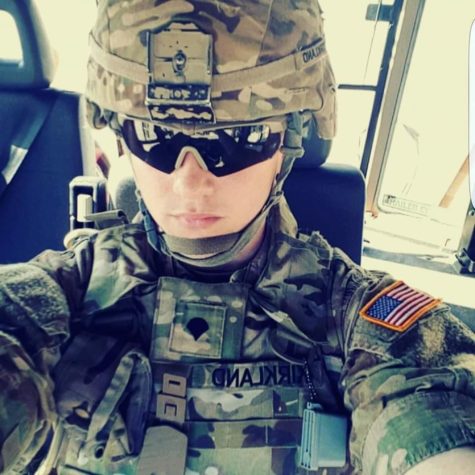
Like Kirkland, Sisk also struggled with toxic leadership during his enlistment.
“Active Duty was also what I expected. It had moments of good and bad, mostly bad. It was dog eat dog when I arrived at Sheppard. There was a mentality towards married and engaged folk, a constant need to tell us that our wives would cheat and leave. Security Forces is the largest AFSC in the Air Force, so we had the smartest, hardworking people and also the dumb, lazy people there just trying to collect a check,” said Sisk. “Each step in the process definitely set me up for the next, but it all really depends on who you have guiding you through it all. If you had terrible leadership, you were definitely going to have a bad time.”
Aside from leadership struggles, another issue service members often face is learning to rejoin the world after being separated from it for so long. Trends and pop culture change quickly, and babies grow into toddlers while troops are deployed for several months.
“The biggest challenge for all the steps is to be pulled from your life and be sent hundreds or thousands of miles away and have life back home continue without you. Then come home and try to step back in after being gone for so long,” said Davis.
According to Statista, a database which specializes in marketing and consumer data, 600,455 of active duty Armed Forces personnel were under the age of 25 in 2020.
“For active duty, the biggest challenge was to adult, even though I never adulted and I was like 18 or 19,” said Kirkland.
Before Kirkland could buy alcohol legally or rent a car, he was handling millions of dollars worth of government equipment as a 12N, which is a Horizontal Construction Engineer.
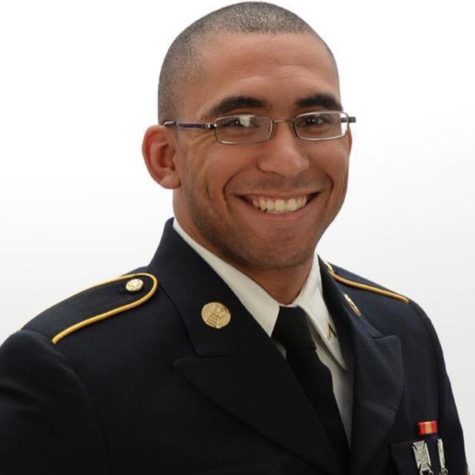
Though millions of people have served in the military, each person has had their own unique experience.
“As of right now, I wouldn’t change anything I’ve done to date beside join sooner,” said Davis.
Davis is still active duty in the United States Coast Guard, and he plans to continue his journey as a 92G Culinary Specialist for the foreseeable future.
“I won’t ever regret going in, just wish my experience was a bit more positive. I’d do it all over again if I could,” said Sisk.
Sisk is now a disabled veteran. After sustaining a shoulder injury, he was struggling to pass physical training (PT) tests and was honorably discharged.
“Did it uphold my initial why? No. The more I moved up in rank and got responsibility I found increasingly toxic leadership, bad training, and total disregard for soldiers. I saw the Good ole boy system a lot as well,” said Kirkland.
In his late twenties, Kirkland is now a disabled veteran, and he is going to college studying computer information science.
Your donation will support the student journalists of Missouri Southern State University. Your contribution will allow us to purchase equipment and cover our annual website hosting costs.
















